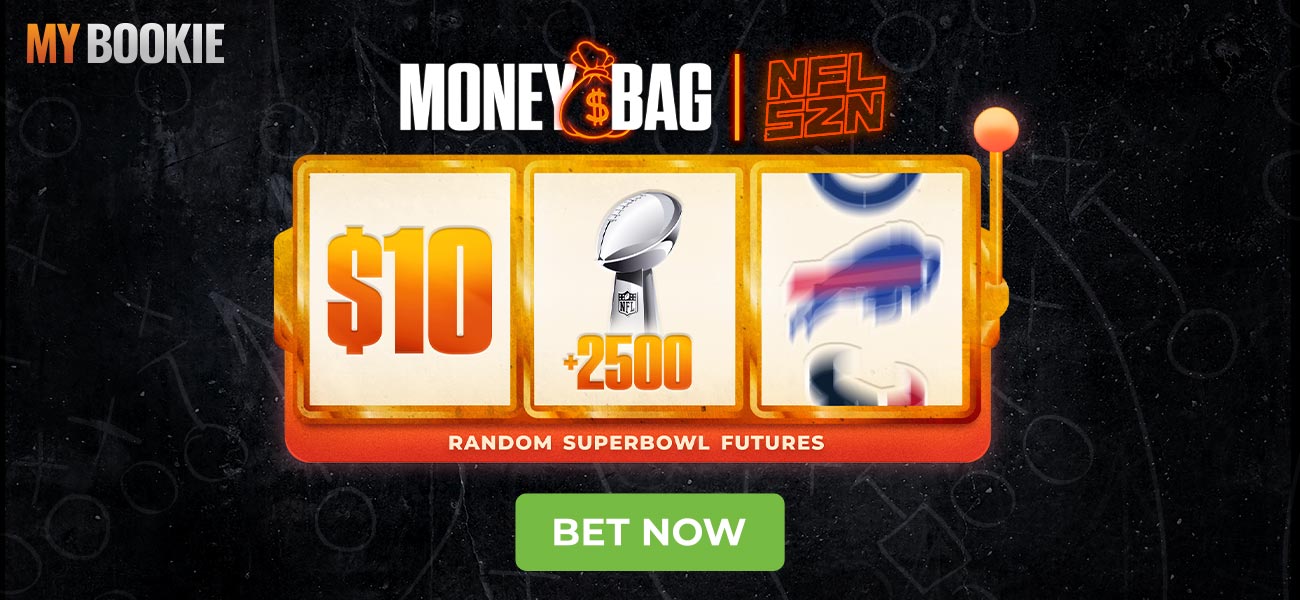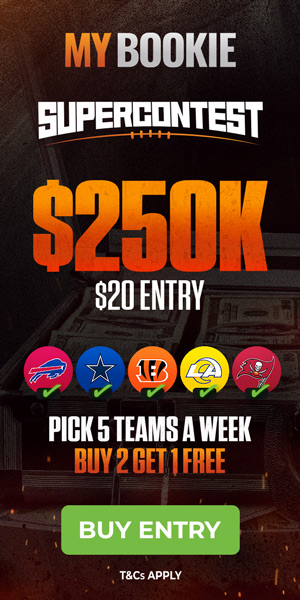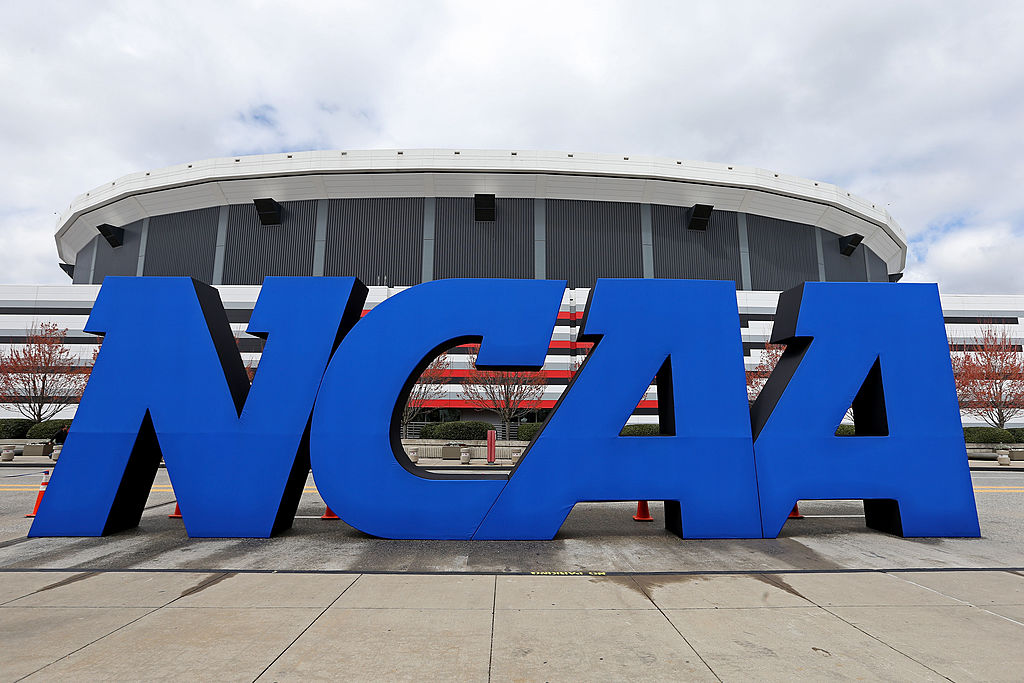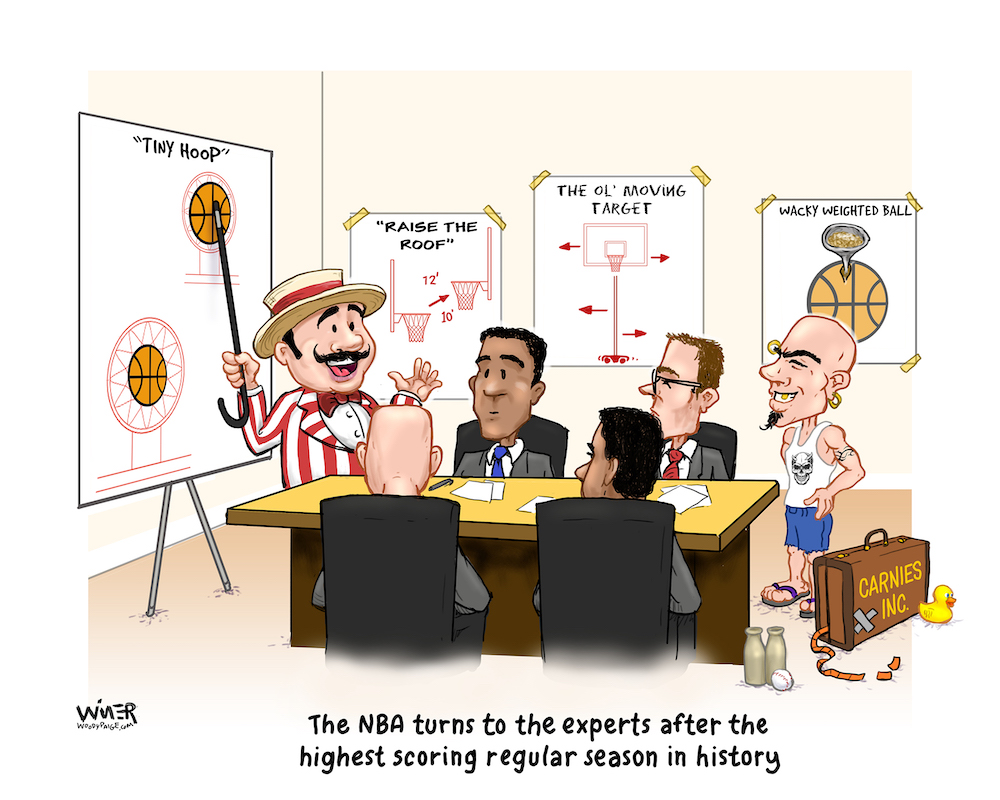(Second in a series of several columns about MJ – Air Jordan.
At the NBA All-Star weekend in 2007, Los Angeles Times sports columnist J.A. Adande, who is a colleague of mine on the daily ESPN show “Around The Horn’’, ran into Michael Jordan, they exchanged pleasantries. Jordan said: “How’s my boy?’’
Adande wondered who Michael meant.
“Woody Paige,’’ Jordan said. Somehow, oddly, Michael and I’ve connected and been friends for a very long time.)
“The Last Dance’’, a 10-part absorbing docuseries currently being shown on ESPN weekly, examines Michael Jordan’s career, primarily concentrating on his final season and sixth championship with the Chicago Bulls.
As a result of the “lost’’ episodes and the difficult times we live in, there has been a revival, in these difficult times, of interest in the greatest player in NBA history and the most marketable athlete in sports history – both for those who witnessed Michael’s deeds on the court and those who aren’t old enough to have seen him play.
In the first column of my series, which you can read on woodypaige.com, the emphasis was on Jordan’s “Flu Game’’ in Salt Lake City in the NBA Finals and how we talked at the back door of the arena before.
This column is about Michael in Monaco, and Barcelona. Others will be about Michael at the 1982 national collegiate championship game at the Superdome, the 1984 Olympic trials in Colorado Springs and the 1992 Olympics in Spain, Michael’s brief baseball career in Birmingham, the poignant moments in locker rooms after he won titles, his golf game and his cigars, other snippets of the MJ lifestyle and, and, lastly, life in his late 50s as the principle owner of the Charlotte Hornets, a billionaire and a national treasure.
In late July of 1992, I had just begun playing Blackjack in the casino in Monte Carlo when a steady hum seemed to saturate the hall.
The cause and effect was Michael Jordan, who had entered and approached the table. “Mind if I sit here?’’ he said. “Of course you can,’’ I replied. MJ could be anywhere he wanted then (and now).
He really only knew me as a hanger-on sportswriter who had interviewed him occasionally over the years and was one of maybe 10 journalists who had come to Monaco to chronicle the adventures of “The Dream Team’’ as it prepared for the 1992 Olympics.
Monte Carlo always has been an incredible Mediterranean holiday retreat and tax haven home for the rich and famous, but the arrival of the NBA’s Dynamic Dozen put an entirely new spin on and aura in the Principality of Monaco, the second-smallest country in the world (next to the Vatican). Monte Carlo covered less than one square mile, was surrounded by France and hills on three sides and the bay to the sea on the other, and was just 10 miles from the border with Italy. Monaco was known in sports for the Grand Prix and tennis tournaments, and recognized for movie stars like Cary Grant and Sean Connery (the James Bond film) and Grace Kelly, and rock stars – the Beatles and the Rolling Stones.
Kelly, the beautiful American actress, married Prince Rainier III, the head of Monaco, in 1956 and became Princess Grace, and they lived at the grand, giant palace on the ridge until she died in a car accident in 1982 and he in 2005.
On the palace grounds the prince commissioned a small basketball arena (about the size of an American high school gym) to be constructed.
There the United States Olympic basketball team, whose players would become the first professionals to compete in the Summer Games, practiced daily.
The fabled players (including Jordan, Magic Johnson, Larry Bird, Charles Barkley and seven other future Hall of Famers worked out daily at the gym on the estate, were invited to the palace by the prince and his son, Albert, one night for dinner and bussed back and forth to the hotel (then called the Omni, now the Fairmont) where USA Basketball was housed during the vacation between exhibitions in the U.S. and the opening of the Olympics.
The players were provided suites at the resort/casino at 12 Avenue des Spelugues, the tree-lined main street leading to the original casino, shops, old hotels and restaurants. Interestingly, the players will hang out at the pool, and that’s where the small contingent of media, including Bob Ryan of The Boston Glove and a schlub like me (Bob and I later worked on ESPN’s “Around The Horn’’ together for 18 years), could interview them, meet their families and just talk about the upcoming Olympics.
Jordan was a rare pool visitor because he mostly played golf in the afternoons. There’s a scene in “The Last Dance’’ when Jordan is cruising across the Omni lobby carrying his golf clubs and is stopped by Ahmad Rashad, the former NFL wide receiver and then the host of an NBA show for NBC. Rashad asks Jordan who would take the last shot in a big game. Jordan says “Me’’ and calls the question ridiculous.
I had a conversation with Michael about his 1984 Olympic experience and playing in those Games for coach Bob Knight, his occasional games in Denver, his ’82 NCAA title and what he expected in Barcelona. He was pleasant, open, smiling and wearing white pants or shorts.
On July 22, the team held its final scrimmage before flying the chartered jet to Spain, with Jordan and Bird (who was suffering at the end of his career with chronic back pain) on one side and Magic and Barkley on the other. The squad was down to just 10 of its 12 players because John Stockton and Clyde Drexler were injured. It was rather bizarre that USA Basketball didn’t chose more players – and particularly Isaiah Thomas, whose omission is featured prominently on “The Last Dance’’.
The press was not permitted at the practices – an epic restriction because our small group missed the “Greatest Basketball Game Almost Nobody Witnessed’’.
That basically is Jordan’s description of the scrimmage, as he would explain years later.
The “White Team’’ was Jordan and teammate Scottie Pippen, Bird, Patrick Ewing and Karl Malone, while the “”Blue Team’’ consisted of Johnson, Barkley, David Robinson, Chris Mullin and Christian Laettner of Duke, who was added to the Olympic team solely as a concession to college basketball. The other players considered Laettner an unworthy kid outsider to the veteran array of talent.
Pistons and Olympics Coach Chuck Daly had his Detroit team film crew record the practice, which is the only video evidence that exists today. A few segments were revealed in “The Last Dance.’’
While the media was stuck in hotel rooms writing and trying, with difficulty, to transmit stories back home, the Magic-Charles team got off to a dominating start and were leading by six or so points. Garbage-gabbing was the order of the day, and Magic told Michael he wasn’t displaying his famous prowess. An irate Jordan, as usual in basketball, took over completely – making jumpers, layups and three-point shots — and finally scored 17 points in the 40-36 (abbreviated) game. Barkley had 11 and the unappreciated Laettner 10, according to eventual reports. On the bus ride back to the hotel, the players said, the mood was tense until Magic told Barkley that maybe they shouldn’t have ‘’pissed off Michael.’’
The surreptitious scrimmage was more competitive and exciting than any of the Olympic games, which those of us in the press on the trip, and hundreds of other media types who joined us in Barcelona, did see.
Two nights earlier, I had my own Michael moment.
When he had alighted at the Blackjack table, with a rather sizable crowd of admirers who just wanted a glance or perhaps an autograph, Michael, who became a rather notable or notorious gambler, made a generous bet while I wagered 25 francs. I was dealt a jack and a king, while Jordan got two 8’s. He split them and doubled his bet, and was given another 8. Then he got another one. At that point, Michael looked up and said: “Chuck, give me some more chips.’’
I didn’t even know that Barkley was standing behind us.
While Barkley went to a nearby cashier’s cage, all action at the tabled halted.
Michael’s final bets on one hand, in francs, equaled approximately $20,000. He lost. I won, and he said: “Don’t be celebrating too much.’’
We played on for a while, and Barkley bought us all three of us a beer, then said: “Can’t be a drunk in this country.’’
“Why?’’
“$18 a beer.’’
The competitive Jordan took control and won a whole lot of money at Blackjack.
Michael had conquered Monte Carlo on the court and at the table.
More from The Woody Paige Sports Network:
- Woody Paige: ‘Michael and me’; detailing my friendship with Michael Jordan (Part 1)
- It’s time for the final buzzer to sound on 2019-20 NBA, NHL seasons
- Bouncing back in 2021: A Sports Odyssey – So many games, so little time
- Jalen Green, NBA development and the benefits to college basketball
- Betting odds to win 2020 NFL Offensive Rookie of the Year



















